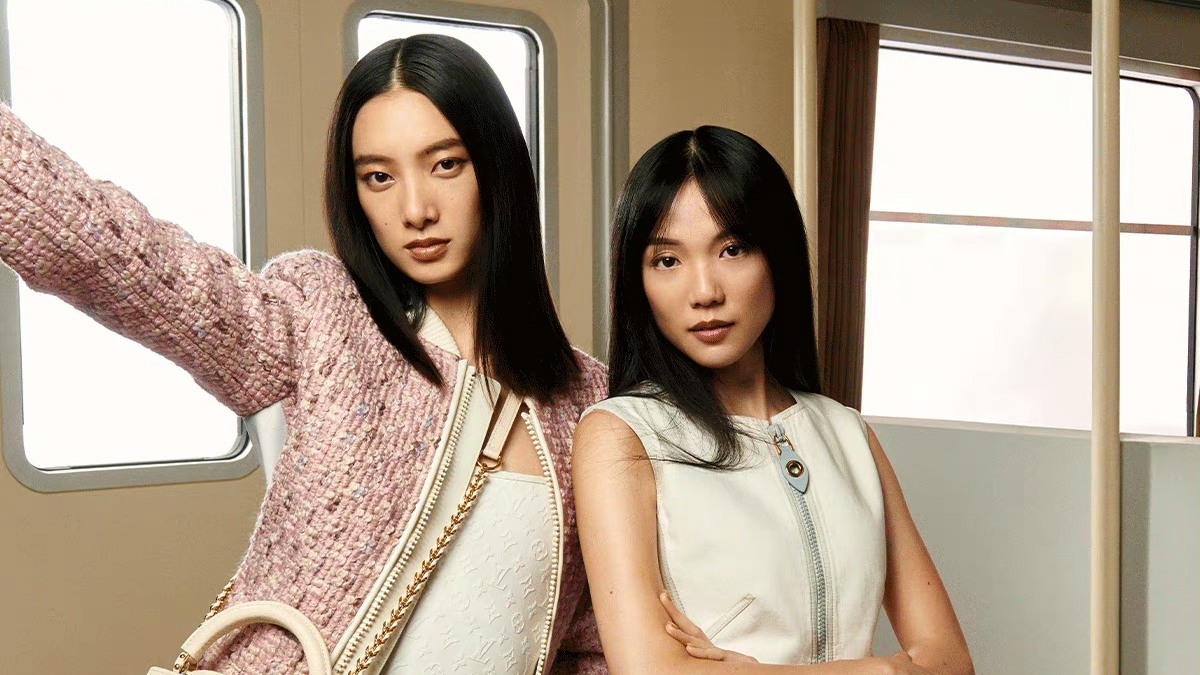Luxury Brands Focus on China's Affluent Elite for Expansion

As luxury businesses pursue expansion in China, their second-largest market, they are specifically targeting high-end clients like Diana Wang, a wealthy Shanghai-based entrepreneur and investor. Wang, who owns her own fashion label, regularly shops at prestige brands like Cartier, Tiffany and Chopard, and is exactly the type of customer luxury companies are trying to attract as a VIC (very important client). This approach has emerged amidst an economic downturn caused by the pandemic, which has led to a decrease in spending power among China's middle class - a demographic that previously fueled most of their profit growth.
In line with this strategy, Wang recently attended a gala dinner arranged by Tiffany, which operates under LVMH, the leading global luxury firm. At the same gathering, Tiffany's latest high-end jewelry collection was privately showcased to a handpicked group of clients. Wang told Reuters that such personalized event experiences make her feel privileged and inspires her brand loyalty.
The faint revival of luxury spending in post-pandemic China has unnerved investors, thereby triggering concerns about the industry's future. Share prices for LVMH and Richemont have dropped by 17% and 24% respectively since July. This week, Burberry also cited a slowing of luxury spending globally and in China as the primary cause for its modest double-digit growth. To combat this, brands are opting to sell more valuable items in smaller quantities to the 5% of luxury consumers. HSBC analysts assert that this 5% segment is behind over 35% of their sales in China.
Offering select clients benefits like exclusive access and designer meet-and-greet events, while a common practice worldwide, hasn't been very prevalent in China. Previously, larger-scale events designed to promote brand recognition and generate consumer interest in luxury were more common. However, the increase in domestic luxury sales from 2019 till early 2022, driven primarily by middle-class consumers, signifies a shift in this trend.
Now, an ongoing property crisis and heightened youth unemployment have compelled high-end retailers like Chanel, Cartier-owner Richemont, and Gucci-parent Kering to battle it out for the spending power of the few, wealthy customers who are still willing to splurge. Executives at these companies are emphasizing direct engagement with customers rather than conventional advertising, according to Jean-Marc Duplaix, CFO and deputy CEO of Kering.
High-profile labels such as Tiffany, Versace, Gucci, Chanel and Dior, are capitalizing on different strategies to create a sense of importance among their top Chinese clients. For instance, Tiffany hired celebrities to sit at every table during the aforementioned gala, Versace hosted a small and exclusive dinner for around 40 people at the historic Bund with designer Donatella Versace, while Gucci, Chanel and Dior have allocated additional retail space located in Shanghai exclusively for their richest clients.
Luxury brands remain optimistic about growth in China, which is predicted to constitute about 40% of total global luxury sales by 2030, Bain's consultants report. These brands affirm that they remain committed to China, contrasting with other industries that are downsizing their presence in the country due to escalating geopolitical tensions and an increased focus on risk management over potential market opportunities.
Luxury consultant Mario Ortelli suggested that many luxury companies are diversifying their risk exposure in China by expanding globally. Despite this, investing in their largest market, such as China, is imperative for sustaining their growth. 'The only way for luxury companies to protect themselves is to make your brand as desirable as possible so you are the last one that a cost-cutting customer will stop buying.' according to Ortelli.
As China's economic growth starts to falter, wealthy consumers like Wang are becoming more deliberate about the value of their luxury purchases. However, she said that this wouldn't necessarily discourage them from buying luxury goods. Wang added, 'We will think twice or three times now before spending more money than usual. Though I wouldn't say we will stop buying, it's become a habit now.'




